Those who live in apartments or small spaces usually do not have a central heating and air conditioning system at their disposal. That's why many use a wall heater to produce the necessary heat needed in their home. As such, we asked professionals if homeowners can insulate around a wall heater as that's often a question that many wishes to know.
According to HVAC technicians, one can insulate around a wall heater. However, it's essential to know three things when doing so. Without them, insulating around your wall heater at home could potentially become a dangerous venture.
In this article, we will discuss the three things you need to know. Not only that, we will discuss the benefits of insulating around your wall heater at home and if there are any dangers in doing so. If you wish to learn more, then continue reading.
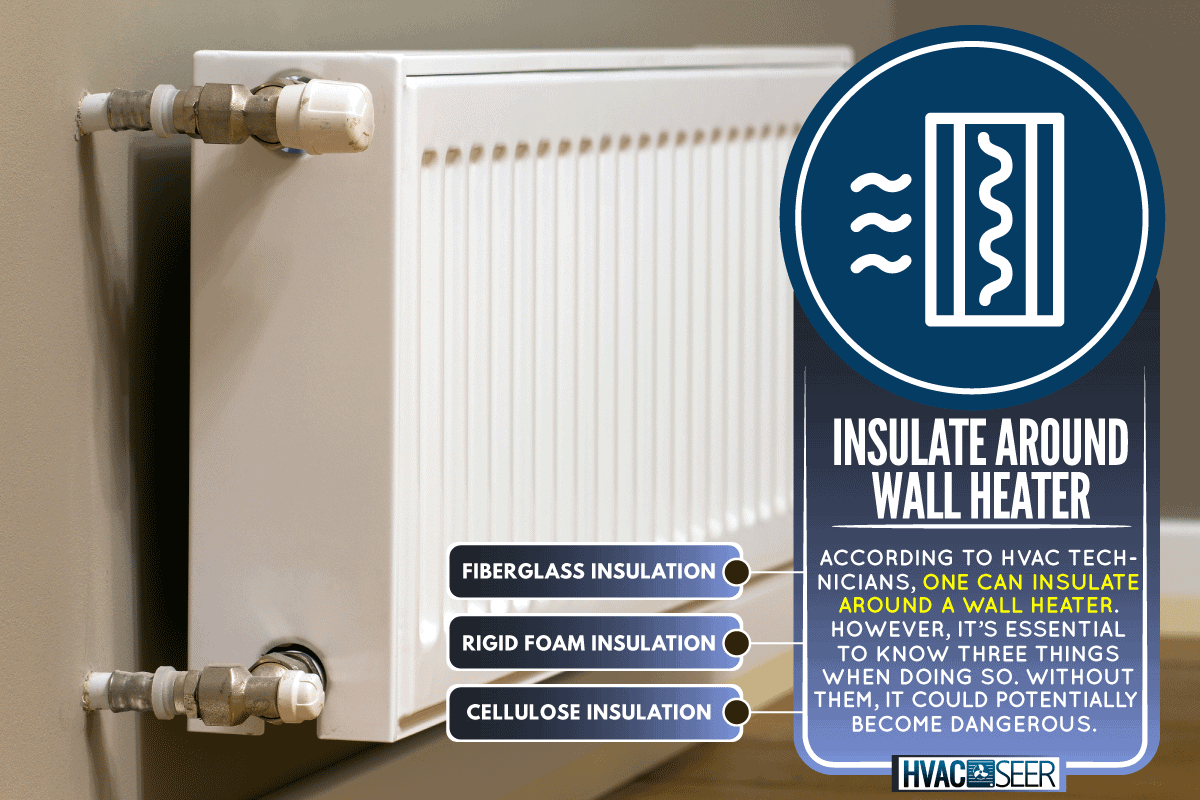
Insulation Around A Wall Heater, Possible?
As stated earlier, insulating around a wall heater is possible, but there are a few things one must be aware of. Failure to do so can lead to complications and accidents.
Make sure to seal the wall heater properly, especially when using one that uses natural gas. This is to prevent a fire from potentially starting. In doing so, it also keeps potential carbon monoxide leaks in check.
Next, check what kind of insulation works best for your wall heater and your home. Do take note of the space around the wall heater and choose insulation that's both sturdy and fire-resistant.
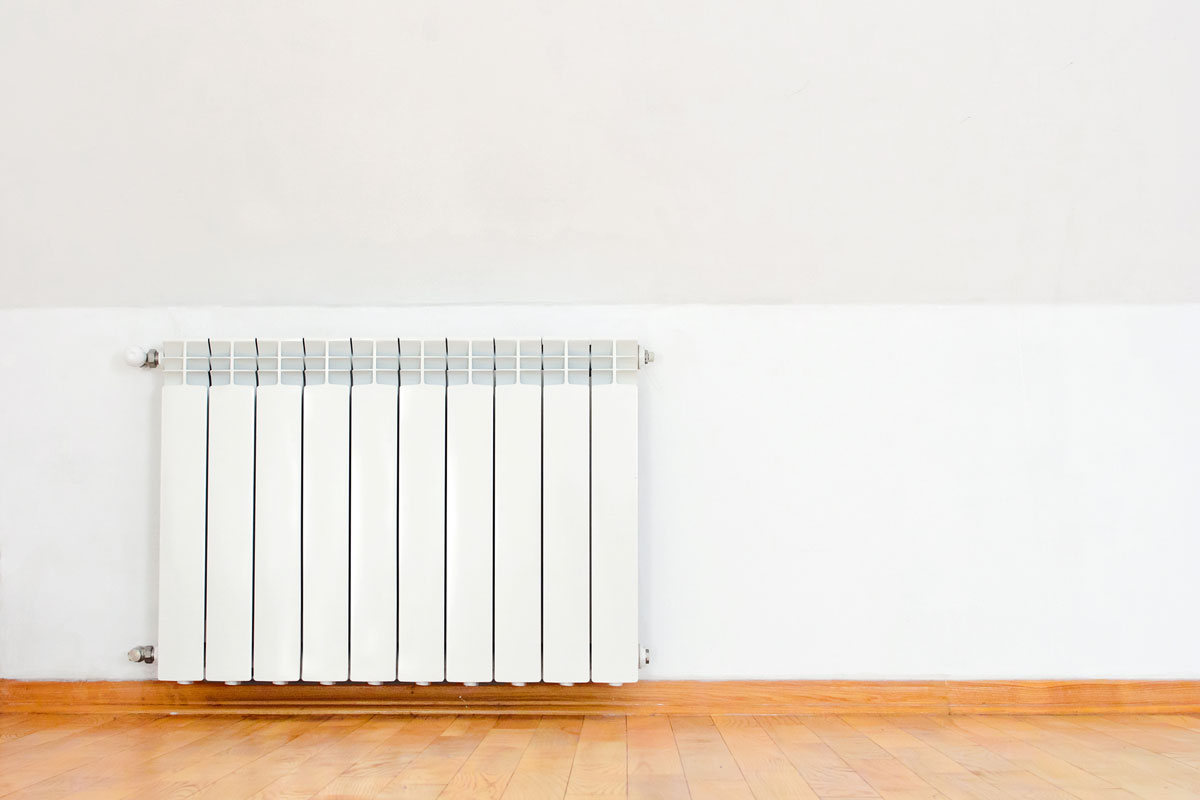
Lastly, your wall heater needs proper venting. This is to keep harmful gasses from building up inside the room.
Once you check all three of them, then you can start looking for insulation that works best for your home and your budget. Also, seek advice from a professional if you have any questions regarding the installation process and the necessary steps when it comes to insulation.
Check this wall heater on Amazon.
Benefits Of Insulating Around A Wall Heater
In this section, we will talk about the most prominent benefits when you have the surrounding of your wall heater insulating insulated.
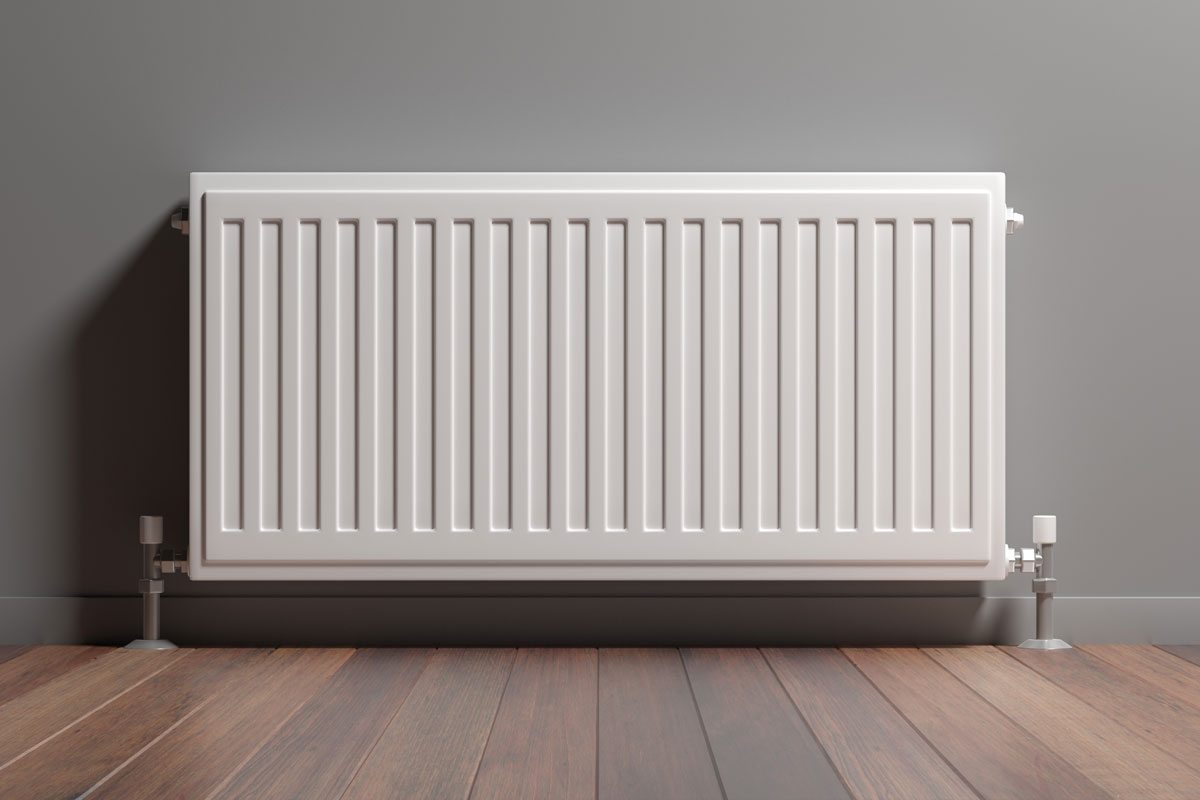
Prevents Heat Loss
Installing insulation around your water heater would help keep the room warmer. That's because the heat doesn't disperse immediately upon leaving the wall heater.
The insulation material collects the heat first before radiating it outside. Then, the heat would spread out evenly throughout the room while maintaining its temperature. This leads to better overall warmth that lingers for longer.
Reduces Noise
Wall heaters can produce a lot of noise at times when in use. As such, adding insulation around the wall heater would act as a barrier that would help absorb the noise and reduce it.
This is especially useful when you live in small spaces or apartments with thin walls. Noise tends to be abundant in such places, and reducing a potential noise maker is always welcome in any home.
Protection Against Fire
One of the many knocks people have with wall heaters is the potential of it to cause a fire inside your home. But that is true with almost every appliance inside your home. And with proper care and preventive measures, one can easily avoid such a scenario.
And that's why insulating around the wall heater is a boon for protecting your home against fires. The occasional spark can always set something like a curtain on fire easily. With insulation, keeping those sparks in check becomes relatively easy and helps prevent fire risk in your home.
What Materials To Use For Insulation Around Wall Heater?
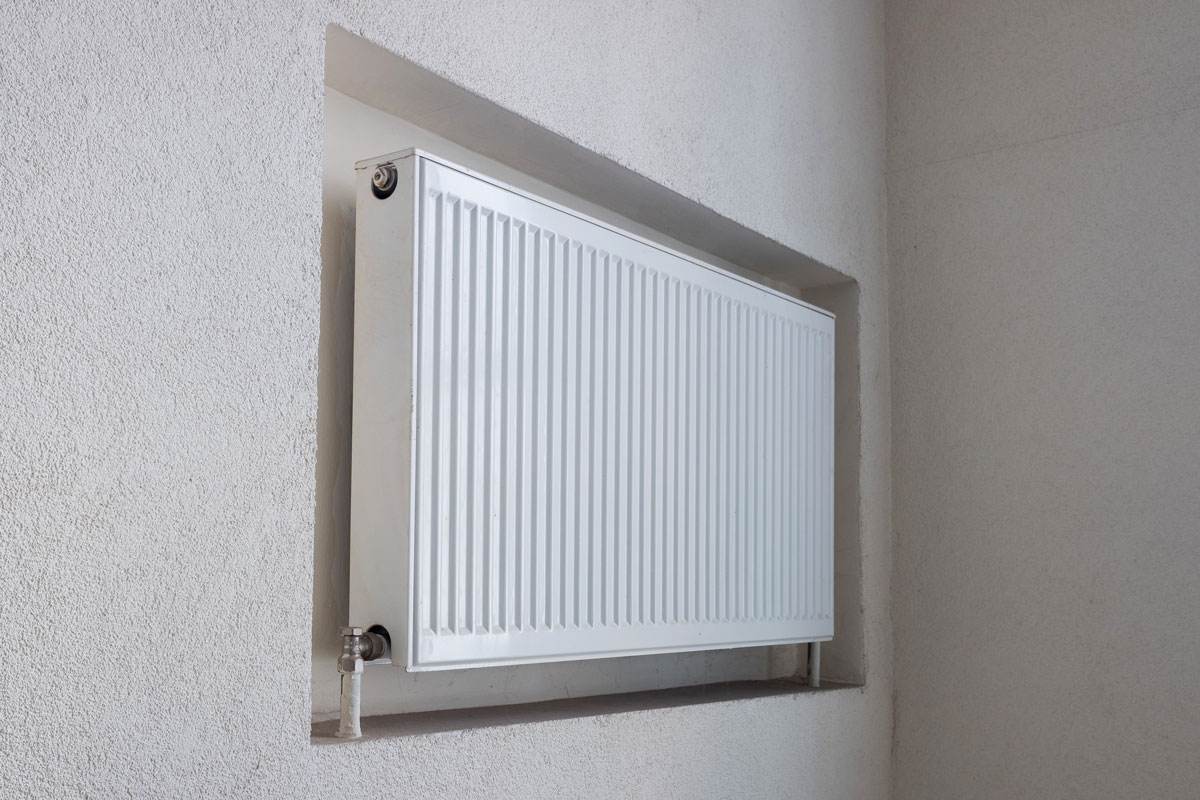
In this section, we will discuss some of the most common materials used for insulation. As such, we will only be discussing three materials in this article. These three see widespread use as insulation materials for their price, function, and availability.
Fiberglass Insulation
This is by far the cheapest and most commonly found material on this list. Fiberglass works by slowing the spread of heat, cold, and sound, thereby acting as a good insulation material around the wall heater.
This material helps retain the heat in the air where the wall heater is located and reduces any noise the machine creates. You can source this quickly from your local hardware store.
Check this fiberglass pad on Amazon.
Rigid Foam Insulation
As the name suggests, this insulation comes in the form of boards or panels. This type of insulation requires you to cut it out precisely to your need. Compared to the other two on this list, it's also the sturdiest among them due to its structure. This type of insulation does the same thing as fiberglass insulation but better. And as such, it tends to be more expensive as well.
Check this rigid foam insulation on Amazon.
Cellulose Insulation
This insulation is the most expensive out of the three on this list. And it's also one of the hardest to work with as it's best to call a professional when dealing with this material.
While more expensive, it has the same advantages as the previous two while being more malleable. This means that it works best in hard-to-reach places as it can typically conform to any shape you want.
The only problem with this material is that it creates a lot of dust and debris during installation. Additionally, it sags when not set right.
Check this cellulose insulation on Amazon.
Is It Safe To Insulate Around A Wall Heater?
Generally, it's perfectly safe to do, so long as you know what to do. If you don't feel comfortable, you can always ask the help of a licensed technician.
You must first be aware of the space between the wall heater and the insulation. Remember that most insulations are fire-resistant. This means that as long as it's within the allowed temperature and conditions, it will hold up structurally and not burn.
However, that doesn't mean it can't catch on fire. If it's too close to the wall heater, temperatures could go way higher than the insulation material can handle. The key to a safe installation is learning how much space is necessary.
Additionally, insulation that's too close to the wall heater compromises the machine's overall efficiency. You could run the risk of the wall heater not giving off the temperatures you require from it, or it could break down as a result.
Are Wall Heaters Safe To Use?
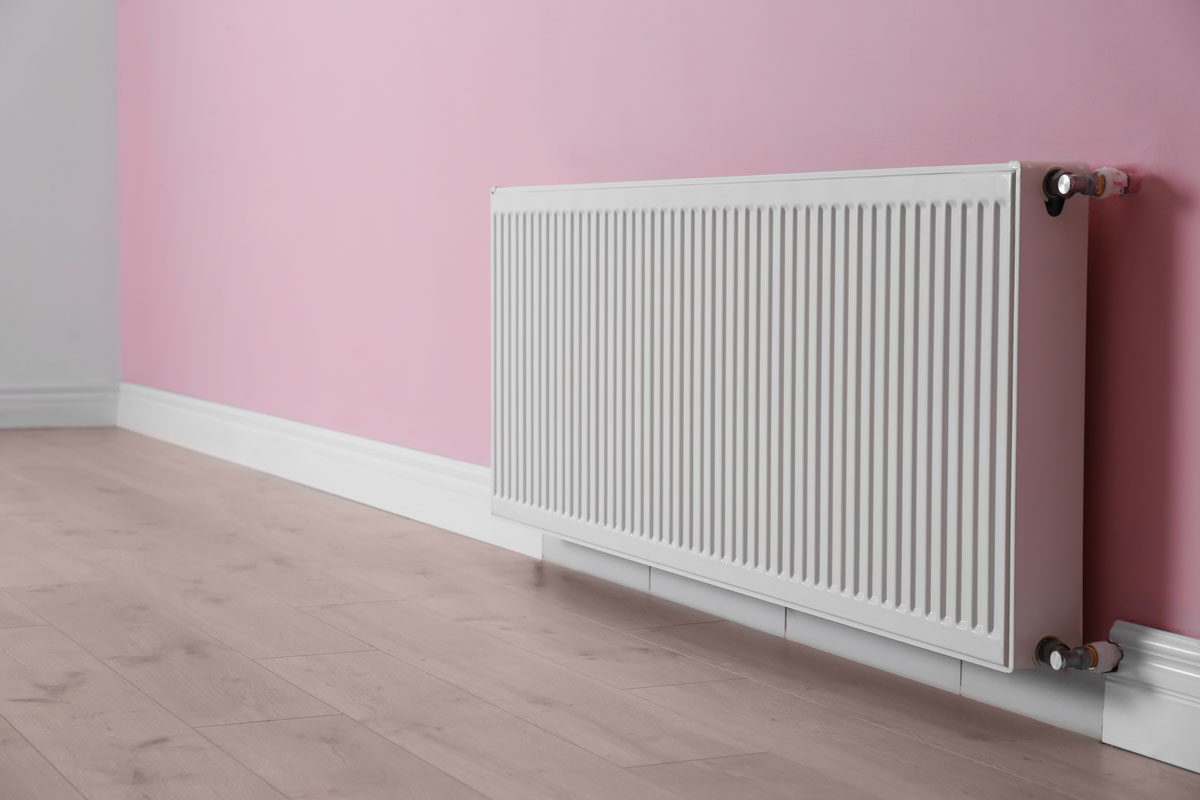
You might have guessed this already, but a recurring theme regarding the safety of wall heaters is fire. Since wall heaters produce a lot of heat, it's a fire hazard when not taken care of properly. But that's not the only thing you need to worry about when using a wall heater.
Gas heaters, as their name suggests, use gas for it to work. This, in turn, produces flames and chemical gasses. And both are dangerous to your overall health and well-being if not appropriately contained.
And while electric heaters do not share the same nuances as gas heaters, you must be wary of the heated coils. These coils are usually out in the open and, as such, can easily cause a fire if something combustible gets close to them.
So, keeping something combustible and flammable near a wall heater is not a good idea. Professionals recommend keeping three feet of distance away from your wall heater at home. This also applies to other similar devices that you have at home.
Keep children and pets away from a wall heater at all times. This is to prevent them from getting accidental burns. Have a small barricade around the wall heater if necessary to avoid such accidents.
Overall, a wall heater is safe to use just as long as you follow the guidelines set up by the manufacturer. Have a professional install it for you to make sure that everything is in order as well.
Check this wall heater on Amazon.
Final Statement
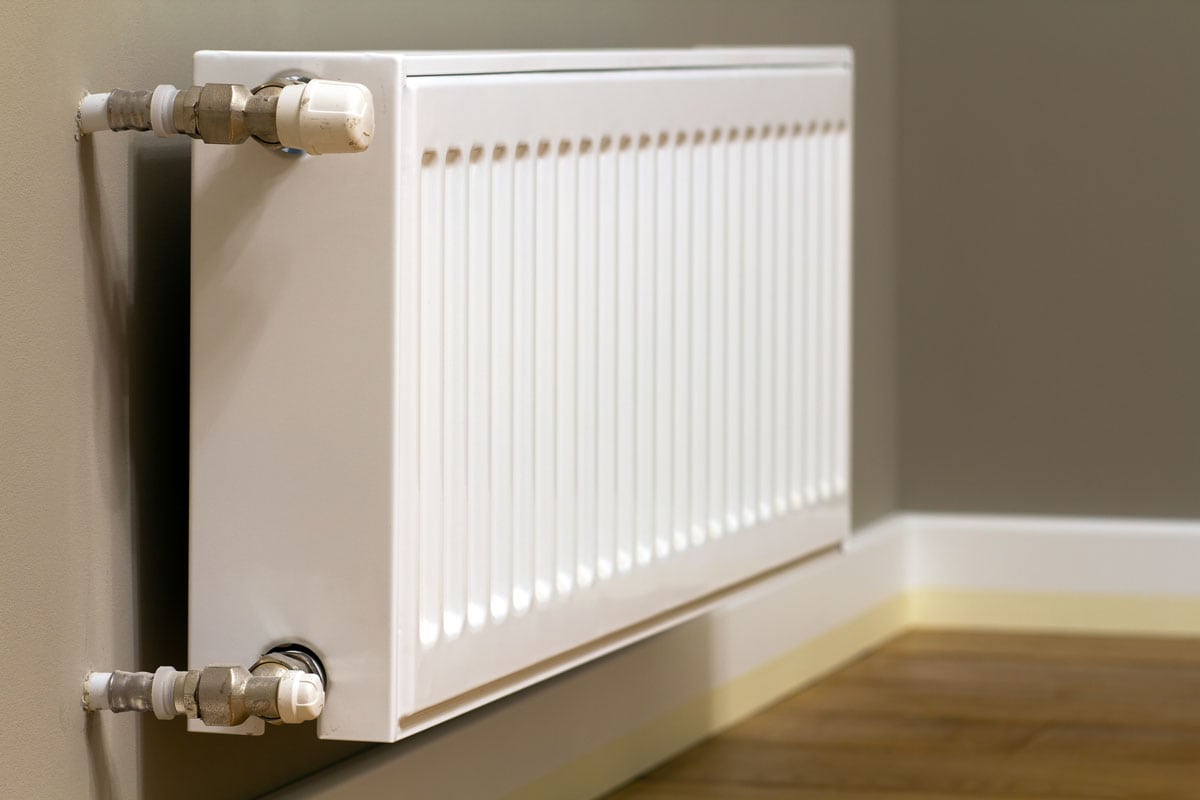
In short, insulating your wall heater at home helps improve its efficiency and performance. Additionally, insulating your wall heater not only helps prevent heat loss but helps save you money in the long run. And to top it all off, insulation helps prevent accidents like a house fire from happening inside your home.
If you found this article helpful, consider checking the links below. These two provide even more information about heaters and answer questions. So if you wish to know which heater brand is best for your home or if you want to know how to turn it off, these articles are for you.





